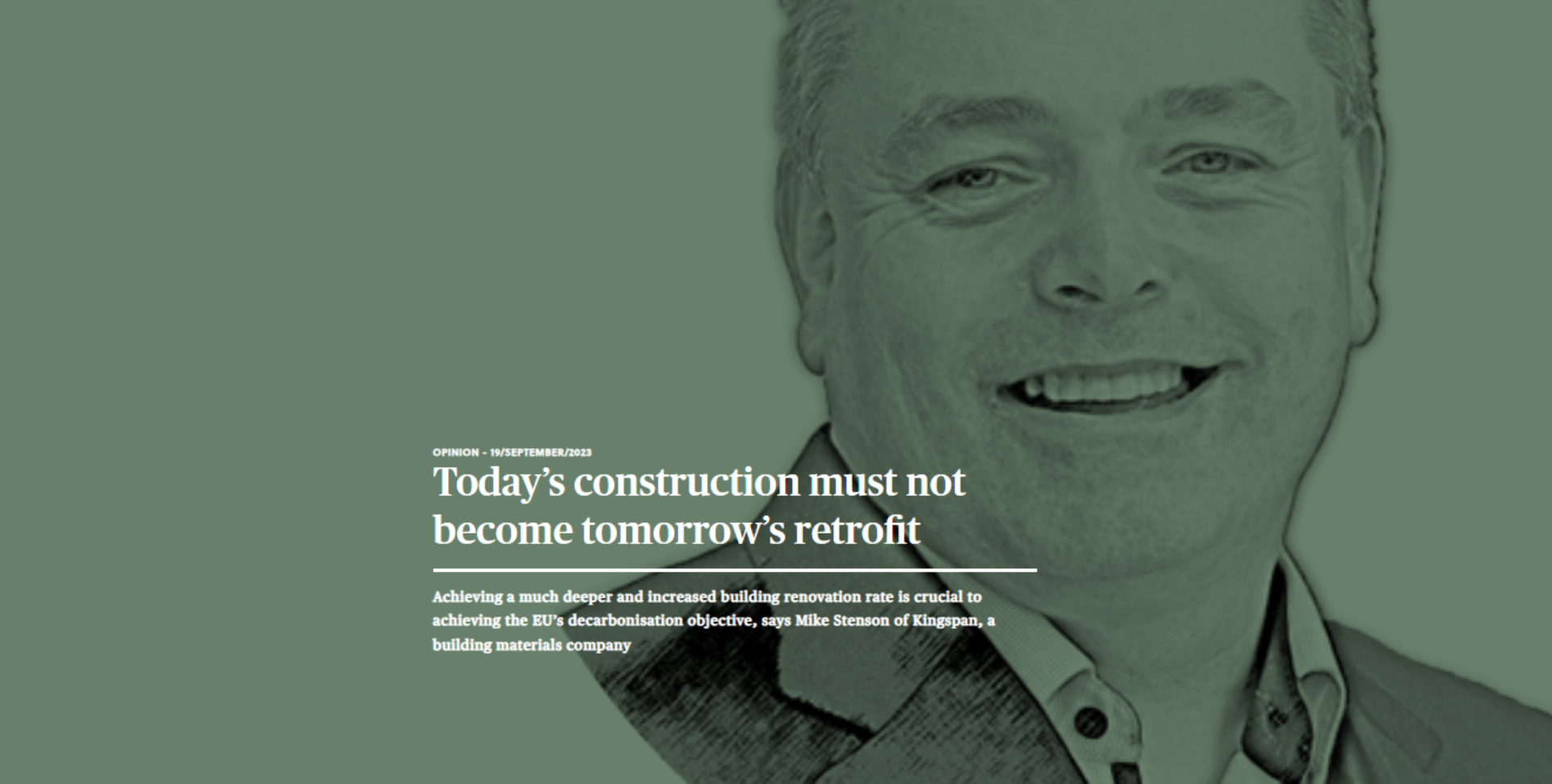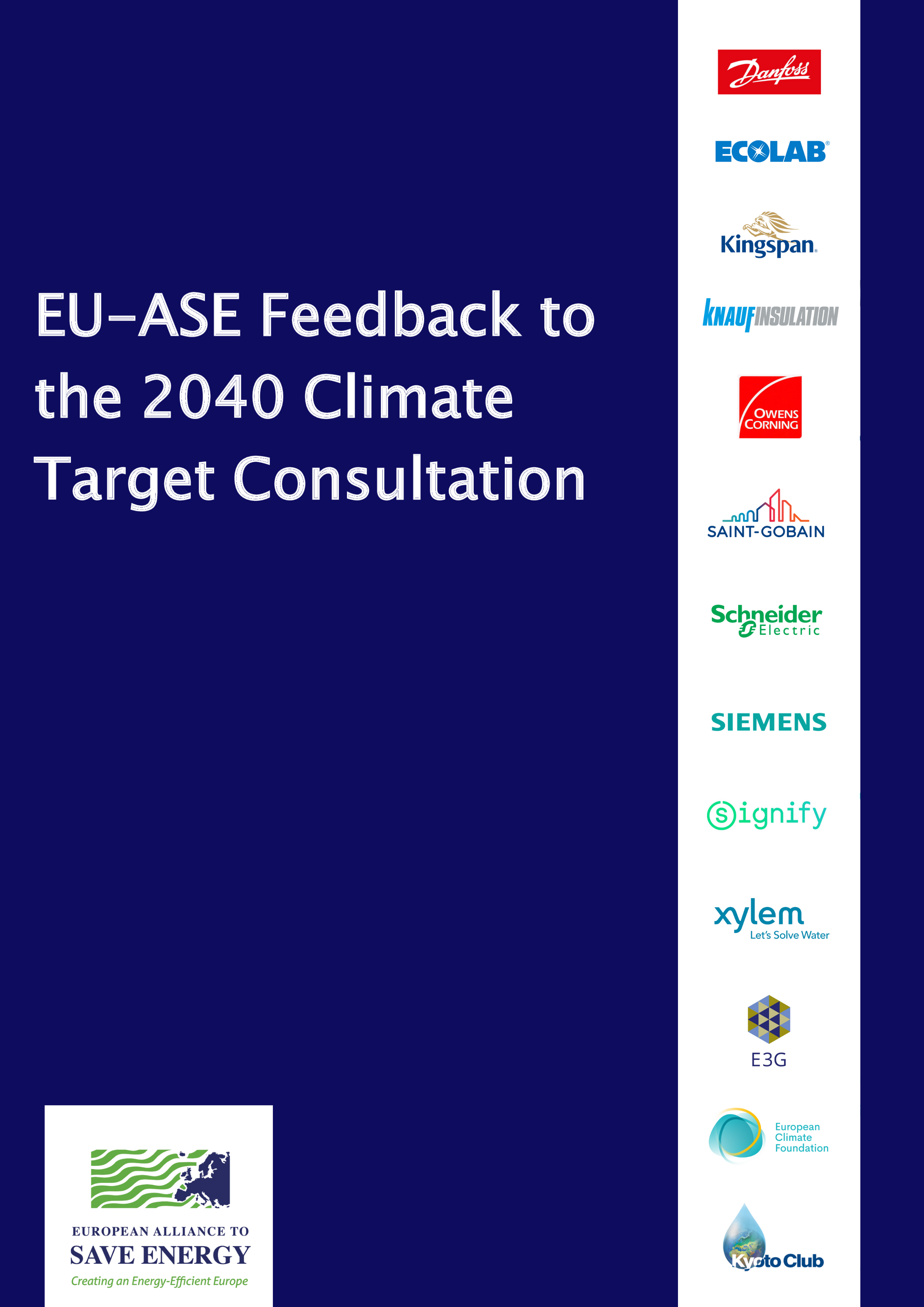Interview: Brussels must not give up on EU green buildings law

“This Commission started on the good foot with the launch of the Renovation Wave and the New European Bauhaus. It must now think about its legacy and avoid simply giving up on the EPBD” the European Alliance to Save Energy (EU-ASE) President Monica Frassoni told Frédéric Simon of Euractiv.
The European Commission led by Ursula von der Leyen started its mandate on the good foot when it comes to energy efficiency policies. It must now think about its legacy and hold firm on the Energy Performance of Buildings Directive (EPBD), which is coming under attack from Eurosceptics in Italy and elsewhere, says Monica Frassoni.
She spoke to EURACTIV ahead of the second edition of the European Energy Efficiency Day, taking place on 12 October in Brussels and online.
Interview highlights:
- The revised Energy Efficiency Directive (EED) and measures adopted during the gas crisis to lower energy prices are “a clear improvement from the past”.
- Yet, it is “not enough” because the emphasis in Europe remains on supply-side policies instead of how to reduce energy needs.
- Legal loopholes were also added to the EED, allowing continued subsidies for fossil fuel boilers as well as new investments in gas infrastructure.
- Now that the EU Commission is approaching the end of its mandate, it must make a final push on the Energy Performance of Buildings Directive (EPBD), which is coming under attack from countries like Italy and Germany.
- “At this point, critics of the EPBD just need to read the proposal,” which has been amended to alleviate concerns about the costs of renovation for homeowners.
In a fast-changing political and economic environment, 2025 was a year of continued efforts to strengthen security, stability, and competitiveness for European businesses.
Throughout the year, our work demonstrated that energy efficiency is not only essential to achieving climate goals, but also a key driver of innovation, energy independence and sustainable long-term growth across Europe.
Strong engagement with policymakers, combined with the successful organisation of the 4th European Energy Efficiency Day, highlighted the importance of collaboration and dialogue in advancing shared objectives. Partnerships across sectors and institutions remained central to delivering impact and shaping effective energy policies.
Looking ahead to 2026, we will intensify our efforts to secure the regulatory certainty that can accelerate the energy transition, while providing businesses with the investment confidence they need and strengthening Europe’s competitiveness.
Read the full Activity Report here.






